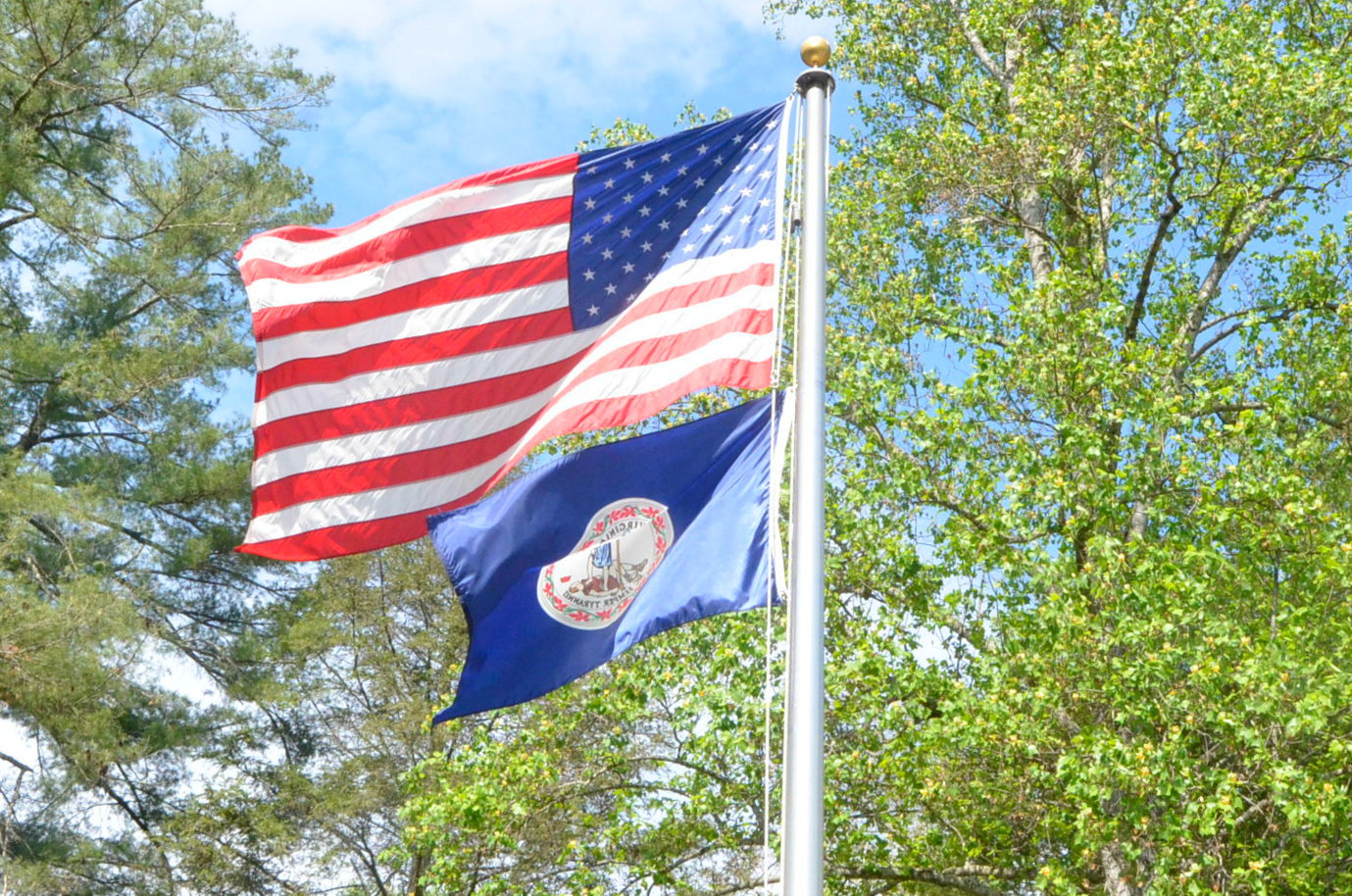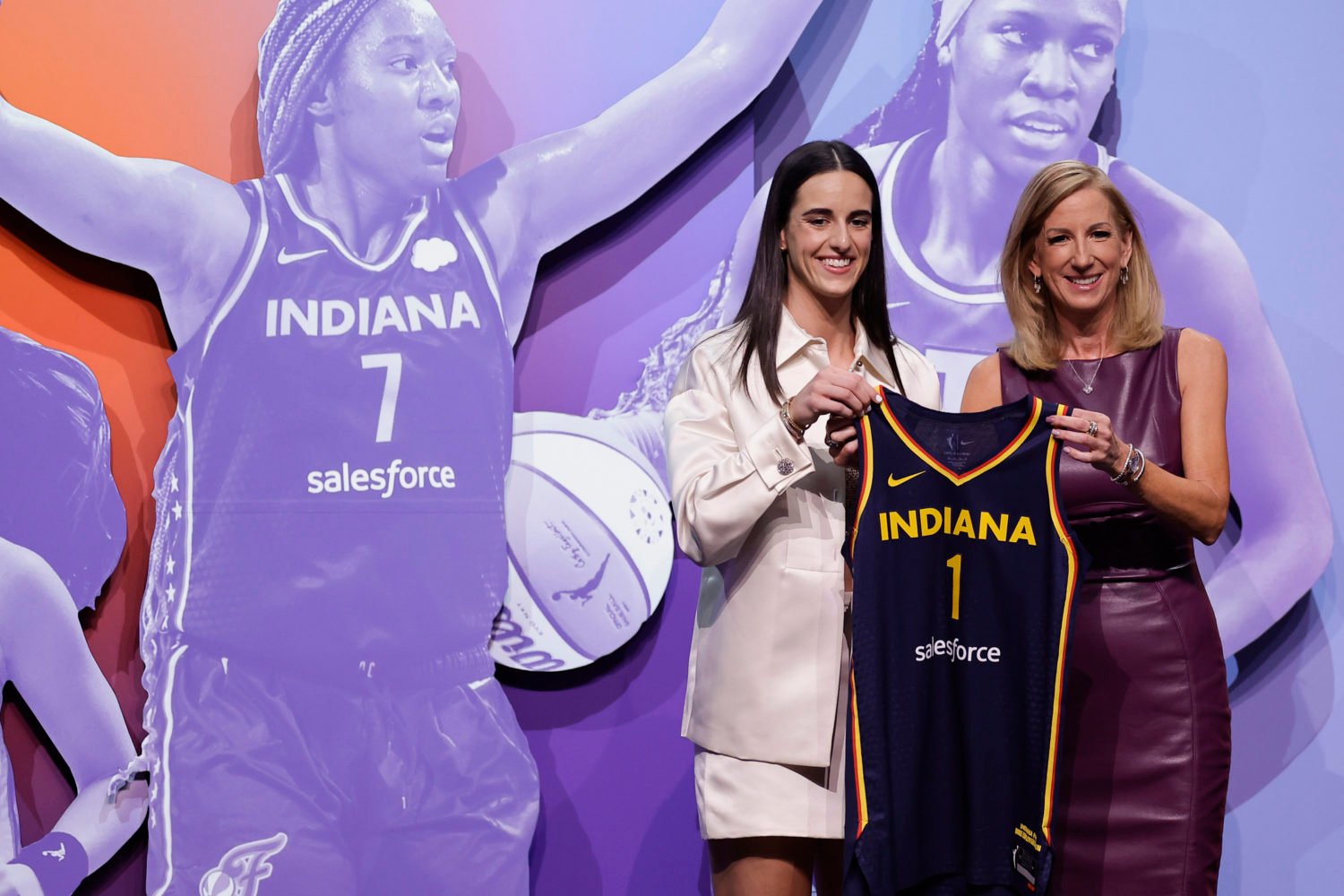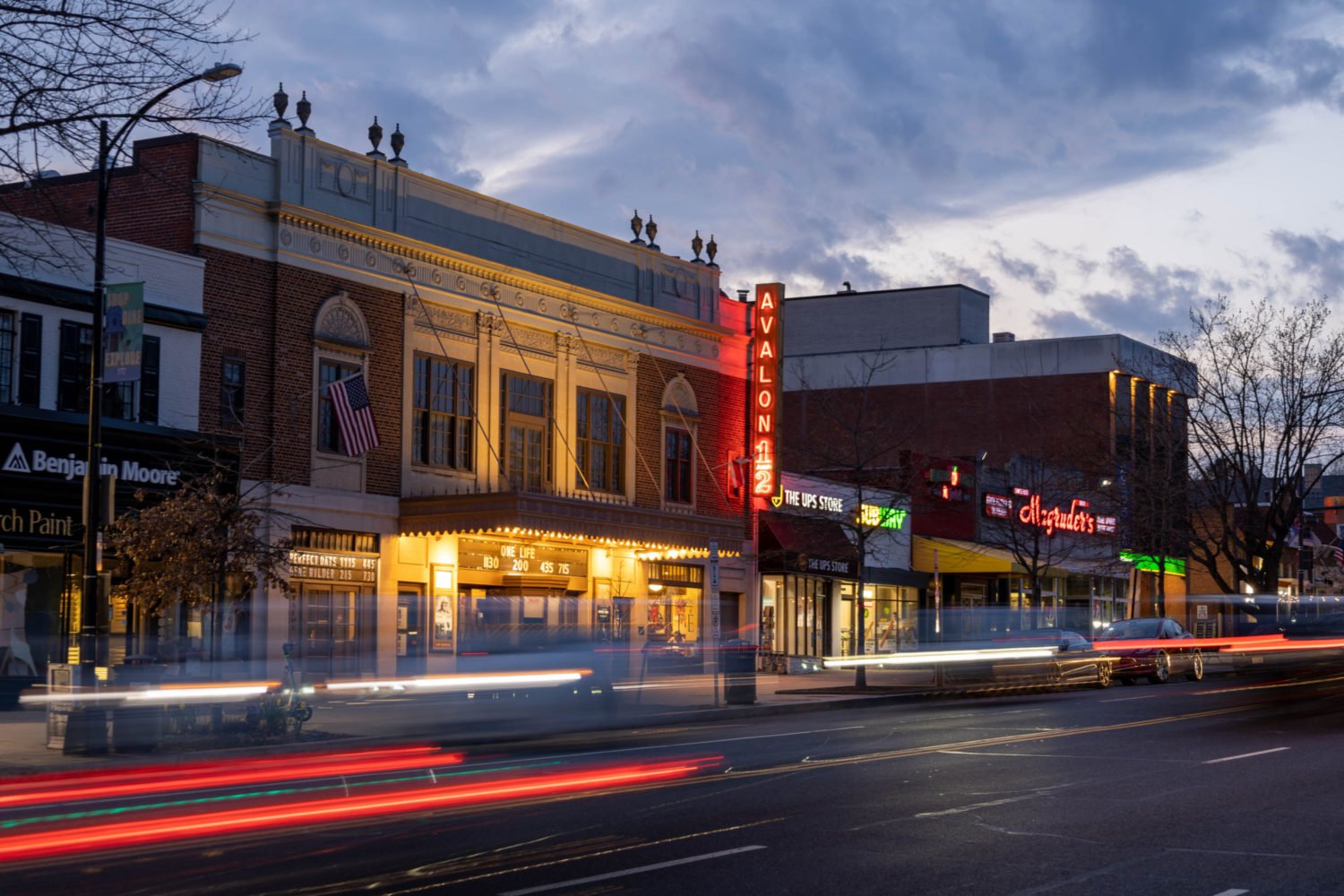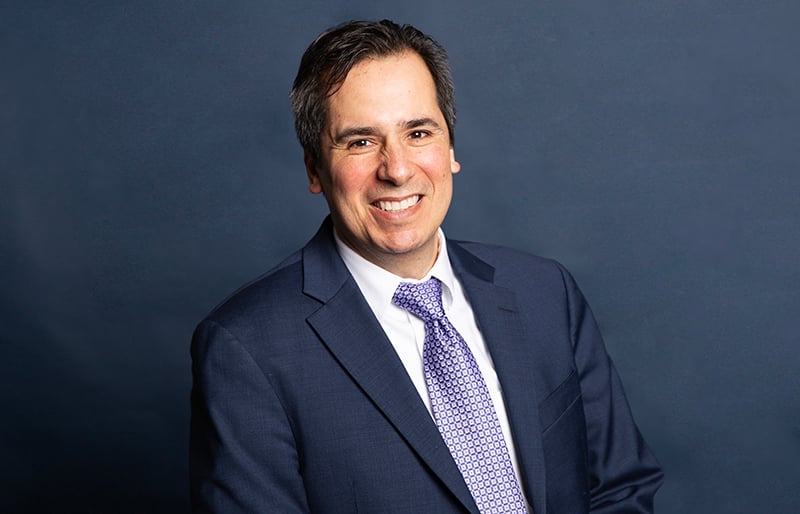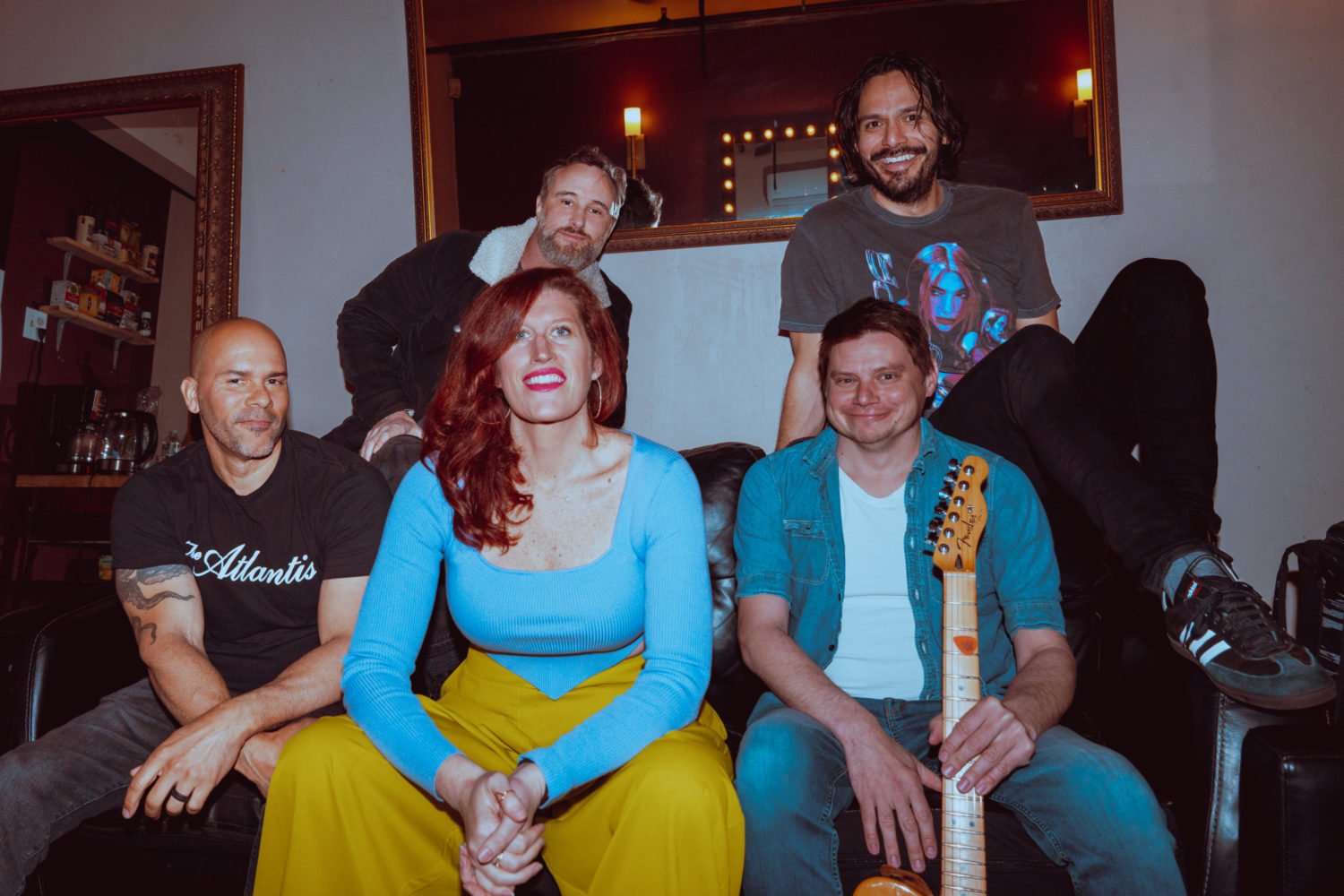On my 40th birthday, a Catholic priest challenged me to run the Marine Corps Marathon. I thought he was crazy.
I had no experience as a runner, and the prospect of 26.2 miles was daunting. But I needed a midlife challenge. My priest friend had run several marathons, so he gave me some tips and turned me loose.
The first time I hit the road, I ran for three minutes and had to stop, gasping for breath. But after walking for seven minutes, I was able to run for another three, and then I walked another seven and ran three. Over several weeks, my running increased and my walking decreased until I could run for an hour. And then I ran two hours.
“If you can run two hours, you can run four hours,” the priest said. “If you can run four hours, you can do a marathon.”
He was right. Six months after beginning my training, I finished the 2000 Marine Corps Marathon in a respectable four hours and 12 minutes. I felt as if I’d been through boot camp, but my wobbly elation at the finish line made the pain worthwhile.
Since then, I’ve run a marathon a year—from New York City to Tucson. The most thrilling and agonizing was the Boston Marathon last year. Heartbreak Hill is perfectly named.
Marathon training has become a meditation for me, an opportunity to think, dream, pray, and solve problems. Besides enjoying the fabled endorphin rush, I’ve been amazed by the clarity of mind I experience. I’ve come to appreciate how exercise cuts through the clutter of life and gives me the gift of simplicity for a few hours each week. In a career dominated by phone calls, e-mails, meetings, counseling sessions, and sermon preparation, it’s calming to spend time focused only on the path ahead.
But as good as this feels, I’m beginning to sense that there must be more to running than finishing races and enjoying the benefits of praying to St. Endorphin.
For this year’s Marine Corps Marathon, I decided to be part of a team of 50 runners raising money for 25:40, an organization helping to fight AIDS in South Africa. Other people are running to conquer cancer or diabetes, while still others are trying to provide sports programs for paralyzed veterans or medical care for Catholic seminarians. At least 38 groups have become charity partners, raising money and awareness.
Now when I hit the road for a long training run, I think of Lithemba, a five-year-old South African boy with AIDS. The money I raise will support the clinic that treats him and will pay the salary of AIDS monitors—native South Africans trained in HIV/AIDS care and prevention. When I feel exhausted at the halfway mark, I think of the weariness brought on by a life-threatening disease. When I struggle to make it to my next water stop, I wonder what it would be like to face real thirst: In rural South Africa, 5 million people lack clean drinking water.
I’m glad I’ve taken on the discipline of marathon running. But better than suffering for myself, I’ve discovered, is doing something to ease the anguish of others. In a sport focused on achieving personal goals, it seems right, even spiritually healthy, to run a race for something more significant than a feeling of pride at the finish line.
Henry Brinton (hgbrinton@aol.com) is pastor of Fairfax Presbyterian Church and coauthor of a forthcoming book on faith and fitness. The Marine Corps Marathon takes place October 28.










